The company, a leader in R&D and innovation for national companies, delivers a revolutionary solution to the aquaculture industry with sustainable technologies, developing an oily product with ideal characteristics to retain fats in fish food.
Over the years, the salmon farming industry has had to face important challenges in terms of the development of foods with high lipid content, to enhance the energy supplied to the species and balance amino acids to optimize protein synthesis. As these developments progressed, a critical complication emerged: fat loss during storage and eutrophication of seabeds.
In response to this challenge, Innocon, a company located in the Biobío Region, a leader in R&D, innovation and sustainability for companies in the country, has developed a revolutionary solution through the execution of its FIC-Run interesterification process project. , making its advances available to the aquaculture industry. This oily product offers ideal rheological characteristics to retain fats in aquaculture feeds, being completely digestible by fish and respectful of the environment.
The project, financed by the Biobío Regional Government through the Fund for Innovation and Regional Competitiveness, FIC-R, celebrated its completion milestone with a ceremony at the Innocon facilities, located in Coronel, and was attended by authorities, regional actors, different actors in the innovation and research ecosystem, as well as representatives of the salmon farming sector and Holding SETOP.
The general manager of Innocon, Carlos Sepúlveda Toepfer, stressed the importance of developing this type of initiatives to support scientific research: “At Innocon we are happy to promote these types of projects and to empower researchers with great initiative to that they can take their ideas forward, and of course positively impact the regional economy and deliver an environmental benefit to the country. We hope to continue promoting initiatives like this; “We want our clients to see their production processes in a more friendly way, both for the community and for the environment.”
The new product developed, obtained from vegetable and animal oils, provides the possibility of obtaining greater economic growth for companies and, in turn, walking on the path of the sustainability objectives that the national aquaculture industry wants to achieve.
In fat retention trials, the product demonstrated comparable efficacy to traditional cover fat, and digestibility analyzes revealed a 30% increase. Designed for application during the oiling stage, the product offers a flexible dosage between 0.5% and 1.5%.
The regional advisor, Javiera Vargas Muñoz, pointed out the relevance of the product developed during the project, for the sustainability of the aquaculture industry: “I consider that with this type of projects a solution is being given to an item of the sustainability of the planet, such as ultrafixation in salmon farming production processes. “This product proved to be a contribution in terms of increasing the growth of cultivated species, which also implies an increase in good breeding practices in this industry.” With this innovation, the aquaculture industry takes a firm step towards a more sustainable and efficient future, addressing crucial challenges and promoting responsible practices in aquafeed production.
See more – Lee la nota aquí.
El proyecto, financiado por el Gobierno Regional Biobío a través del Fondo para la Innovación y la competitividad regional, FIC-R, celebró su hito de término con una ceremonia en las instalaciones de Innocon, ubicadas en Coronel, y contó con la asistencia de autoridades regionales, diferentes actores del ecositema de innovación e investigación, así como representantes del sector salmonicultor y del Holging SETOP.
El gerente general de Innocon, Carlos Sepúlveda Toepfer, recalcó la importancia del desarrollo de este tipo de iniciativas de apoyo a la investigación científica: “En Innocon estamos felices de impulsar que se den este tipo de proyectos y de potenciar a investigadores con gran iniciativa para que puedan llevar sus ideas adelante, y por supuesto impactar de manera positiva en la economía regional y de entregar un beneficio medio ambiental al país. Esperamos continuar impulsando iniciativas como esta; nosotros buscamos que nuestros clientes vean sus procesos productivos de una manera más amigable, tanto para la comunidad como para el medio ambiente.”
El nuevo producto desarrollado, obtenido a partir de aceites vegetales y animales, entrega la posibilidad de obtener un mayor crecimiento económico a las empresas y a su vez, caminar en la senda de los objetivos de sustentabilidad que la industria acuícola nacional quiere alcanzar.
En ensayos de retención de grasas, el producto demostró una eficacia comparable a la grasa de cobertura tradicional, y los análisis de digestibilidad revelaron un aumento del 30%. Diseñado para su aplicación durante la etapa de aceitado, el producto ofrece una dosificación flexible entre 0,5% y 1,5%.
La consejera regional, Javiera Vargas Muñoz, señaló lo relevante del producto desarrollado durante el proyecto, para la sostenibilidad de la industria acuícola: “Considero que con este tipo de proyectos se le está dando solución a un ítem de la sostenibilidad del planeta, como es la ultrafijación en procesos productivos de la salmonicultura. Este producto demostró ser un aporte en cuanto al incremento del crecimiento de las especies cultivadas, lo que implica también un aumento en las buenas prácticas de crianza en esta industria.”
Con esta innovación, la industria acuícola da un paso firme hacia un futuro más sostenible y eficiente, abordando desafíos cruciales y promoviendo prácticas responsables en la producción de alimentos acuícolas.

